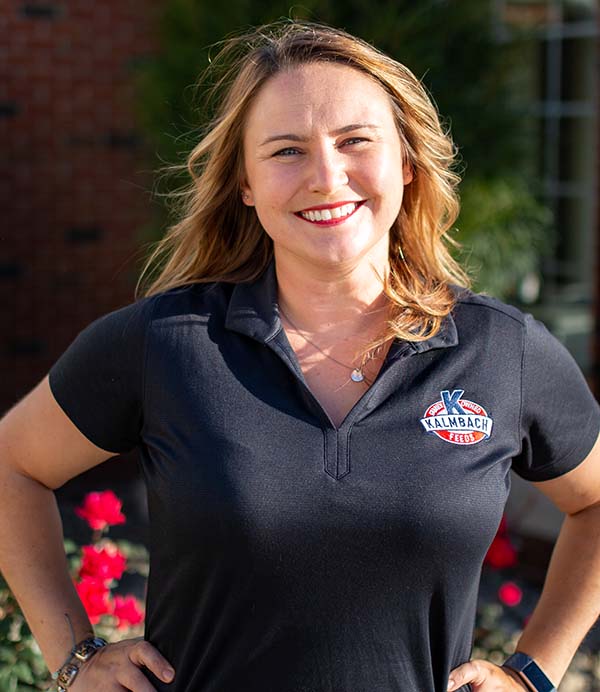Caring for a Pregnant Rabbit

Facts About Pregnancy and Parturition
Rabbits can become reproductively mature in as little as 12 weeks. Small/dwarf type breeds tend to mature quicker than large/giant type breeds. Once sexually mature, female rabbits are receptive to breeding every two weeks. Rather than having a heat cycle, ovulation is triggered by the act of copulation. Gestation usually lasts around 1 month (30-33 days) and litter sizes tend to range from 2 up to 12 kits. Though immediate breeding is never recommended, does can be fertile within 24 hours after delivering their litter.
How Do I Tell if My Doe is Pregnant?
It is sometimes difficult to detect early pregnancy in rabbits. If you are familiar with your rabbit and have raised multiple litters, you may be able to pick up on behavioral changes that indicate conception. At around 12 days of pregnancy, rabbit fetuses will be around the size of an olive and can be felt when palpating the doe’s abdomen. Increased appetite and weight gain can also be indicative of pregnancy. Weight gain is usually most apparent towards the end of gestation.
What Kind of Environment Does an Expecting Bunny Need?
If you have a group of rabbits being housed together, it is important to separate any does that you think might be pregnant. This is done for a few reasons. Other rabbits can potentially show aggression towards kits that aren’t their own. The stress of group housing could cause pregnant rabbits to not pull fur or create a nest, which can result in babies being born in the cold. Females become fertile so quickly after pregnancy that you really want to give them a break and make sure that they are in a pen separate from your buck. By providing a nest box, you allow your doe a safe space and encourage her to build her nest. You will likely see her pull fur and build her nest in the days leading up to birth. Happy does will have happy babies in quiet environments where they feel safe. Baby rabbits are known as kits.
Why Doesn’t My Doe Spend Much Time with Her Babies?
One thing to remember when around baby rabbits – both wild and domestic – is that it’s okay for them to be left alone for long stretches of time. Female rabbits only nurse their kits once or twice per day and this usually happens overnight. The kits will drink up to 20% of their bodyweight at each of these feedings. When handling kits, you should notice full bellies. Sometimes, stress can also cause a doe to leave her kits. It is important to avoid handling newborn kits unless absolutely necessary. Once the kits begin to grow fur and become mobile, daily handling will help them (and momma) become more comfortable with you. Kits will start eating the nesting materials from around 1-2 weeks of age. During this time (usually around day 10) they will open their eyes. By 2 weeks of age, they begin crawling out of their nest box to explore the pen. Does usually wean kits between 4-6 weeks of age. Once weaned, you can separate the doe and then sort and separate the kits by gender.
